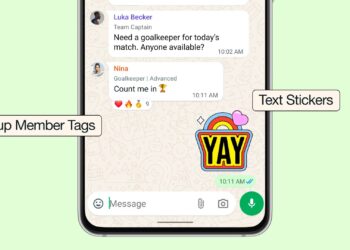As political candidates and parties vie for voters’ attention and support, marketing strategies have become increasingly crucial in the political process. This article will discuss the role of marketing in political campaigns and outline some of the most important tactics used to influence voters.
Targeted Messaging
Message development that resonates with certain groups of voters is a crucial part of political marketing. To appeal to a wide range of voters, political campaigns frequently undertake surveys and focus groups to learn what topics and concerns matter most to people of varying ages, genders, races, and socioeconomic backgrounds. Based on this information, campaigns develop messages that specifically address these groups, typically using language and imagery that plays to the values and beliefs of these individuals.
Branding
Branding is also essential in political marketing. Branding their campaigns with a logo, color scheme, and other visual features helps people remember and associate with a particular candidate or political party. A memorable brand can make a campaign more memorable than the competition and bring together the campaign’s supporters.
Advertising
To get their message out to voters, political campaigns rely on a wide range of advertising mediums. This encompasses both more conventional media like television and radio commercials and more modern digital media like social media advertisements and targeted email marketing. Advertising often focuses on specific regions, such as swing states or neighborhoods with a high concentration of the candidate’s supporters.
Data Analytics
Data analytics is also frequently utilized by political campaigns to guide their promotional efforts. Campaigns can tailor their content and advertising to reach a specific demographic of voters by monitoring voter engagement and behavior. Swing voters, or those on the fence can be singled out with data analytics, allowing for more personalized outreach to persuade them to back the candidate of choice.
Influencer Marketing
Finally, influencer marketing can be used by political campaigns to widen the scope of their outreach. Influencers, like celebrities or popular social media users, might be recruited to spread the word about a cause or political campaign. The younger voting population may respond better to social media influencers than to more conventional forms of political advertising.
Political marketing is essential in the battle for voters’ attention and support between various political parties and politicians. Political campaigns can reach and persuade voters to support their message and candidate through the use of focused messaging, brand development, advertising, data analytics, and influencer marketing. Expect marketing to play an even larger role in politics in the years to come as both technology and social media continue to grow in importance.




















































